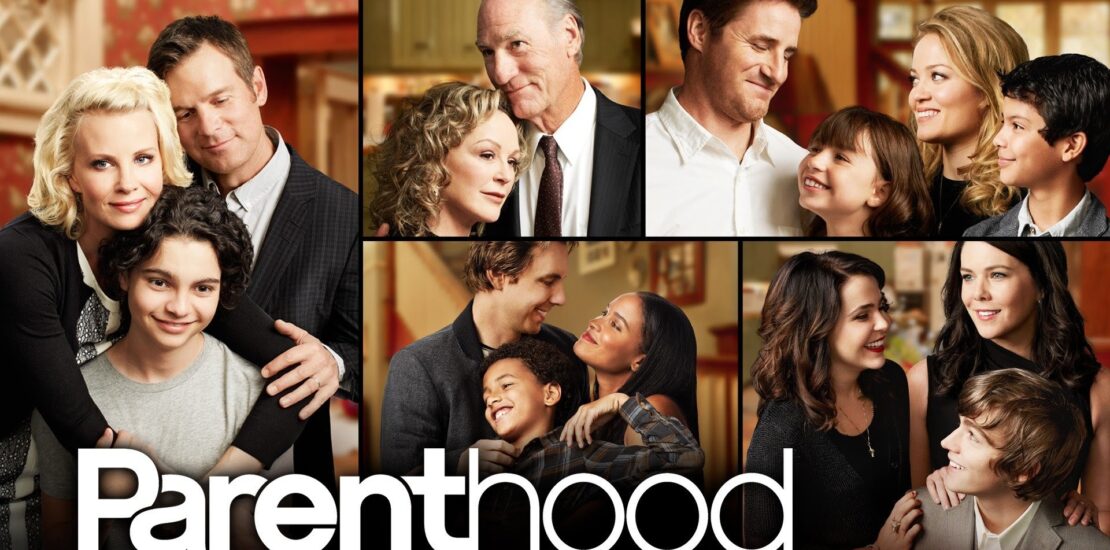- August 28, 2023
- Posted by: Dave Kurlan
- Category: Understanding the Sales Force

If you grew up in the sixties and seventies like I did, then you remember when TV shows had theme songs that were so good, they were also hit songs. A few that come to mind are the theme songs from shows like Happy Days, LaVerne and Shirley, The Love Boat, Hawaii Five-O, Mission Impossible, All in the Family, Welcome Back Kotter, WKRP in Cincinnati, and Cheers.
My wife and I recently finished streaming Parenthood, whose theme song was Forever Young, by Bob Dylan. Despite my enjoyment of the series, the theme song hit me like nails on a chalkboard. I cringed every time I heard it.
My reaction to the theme song helps to explain a lot about the role of intangibles in selling.
For example, let’s take a well-respected company with well-received products/services and a salesperson who is not particularly successful at bringing in new business. Anecdotally, salespeople for companies like this don’t have to be great because people want to buy their products and want to do business with their company. Think Apple. An OMG Sales Assessment will show a salesperson’s selling gaps in all 21 Sales Core Competencies, but in this case, it might not fully explain why one weak salesperson is failing while other weak salespeople at the same company are succeeding. But nails on the chalkboard might. This struggling salespeople might simply be the relationship building equivalent of Forever Young by Bob Dylan.
We can make a case in the other direction as well. A salesperson is having success despite gaps in the 21 Sales Core Competencies, where other similarly weak salespeople are struggling. Could it be that this salesperson is able to compensate for their weaknesses because they are the relationship equivalent of Happy Days?
Relationship Building is one of the 21 Sales Core Competencies and on its own, is not as significant as five other competencies such as Sales Process, Reaches Decision Makers, Consultative Seller, Value Seller or Qualifier. Despite its lack of significance, there are two exceptions which we touched on a little while ago:
- The salesperson who is strong at the other five competencies but is awful at Relationship Building may suffer from not being very likable, a malady that is bound to neutralize the other five competencies. Despite many buying criteria at play today, it’s hard to buy from a salesperson you don’t like.
- The salesperson who is not particularly strong at the other five competencies, but excels at Relationship Building, provides an opportunity to succeed where there may otherwise not be much hope. Again, there are many other buying criteria at play, but buyers find it difficult to reject someone they like.
The Relationship Building competency consists of seven attributes, among which is Quickly Develops Rapport. Even the top 5% of all salespeople are not universally excellent at this competency as only 61% of that elite group has Relationship Building as a strength. As a differentiator between strong and weak salespeople, it is not nearly as powerful as the other five competencies. 40% of weak salespeople (the bottom 50%) have Relationship Building as a strength, a much larger percentage than you will see with the other five competencies. For example, the Reaches Decision Makers competency is a huge differentiator as 85% of the top 10% have the competency as a strength while only 5% of the bottom 10% have it as a strength, a 1700% difference!
There is another challenge with salespeople who struggle with Relationship Building. You can teach sales process, reaching decision makers, a consultative approach, value selling and qualifying. Those are things that salespeople do. Relationship building has more to do with who they are than what they do and it’s difficult to change who they are.
I see this challenge most frequently with younger salespeople, many of whom seem to lack basic social skills. Imagine having to tell salespeople to say hello, or be nice, or try to connect. A lot of them simply don’t know how!
Only half of all salespeople have Relationship Building as a strength. When salespeople who have it as a weakness, it makes your company vulnerable to losing existing customers to salespeople they like better, and ineffective at capturing new business from competitors. Not enough training is dedicated to the subtleties of relationship building despite how important it is to half of the sales population. Let’s pay more attention to the data – both scientific and anecdotal, and get more salespeople singing Happy Days and fewer singing Forever Young.
